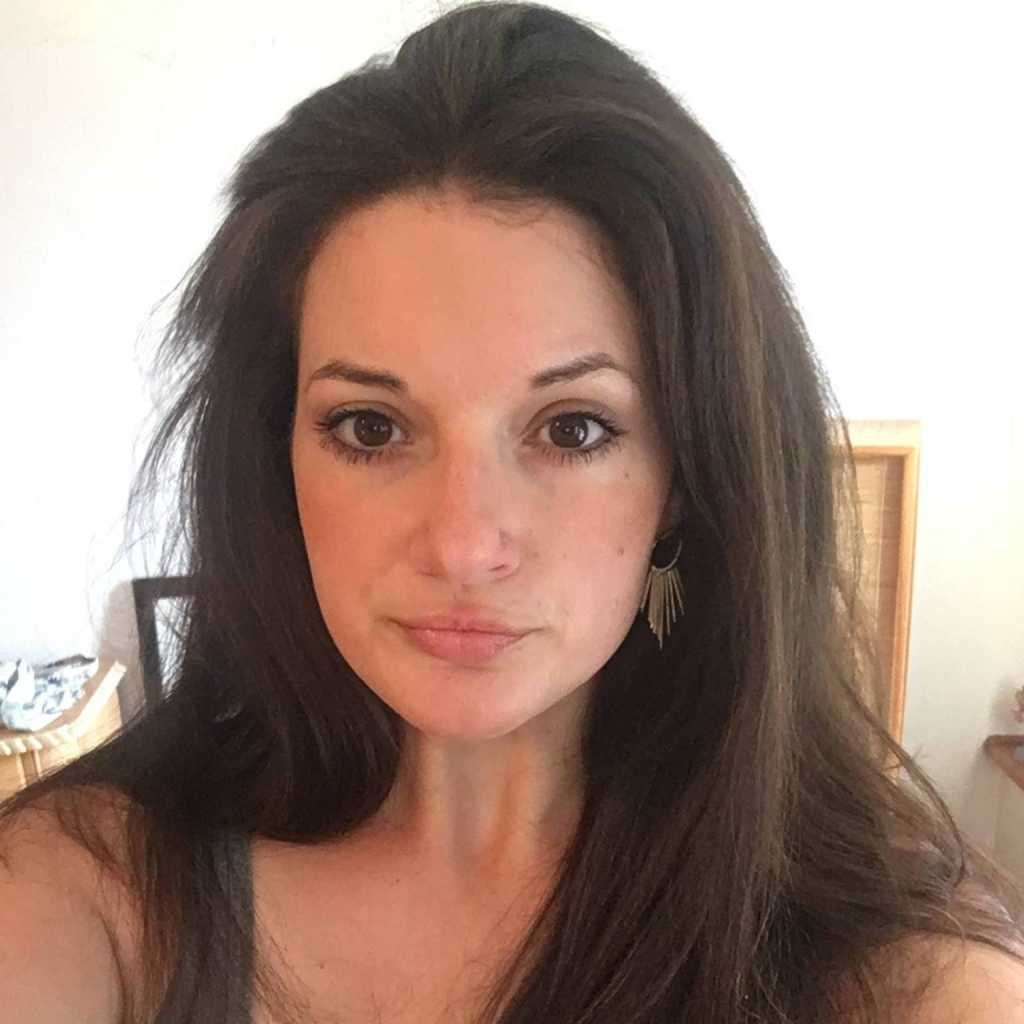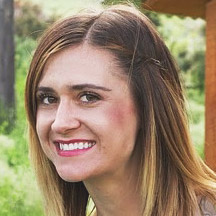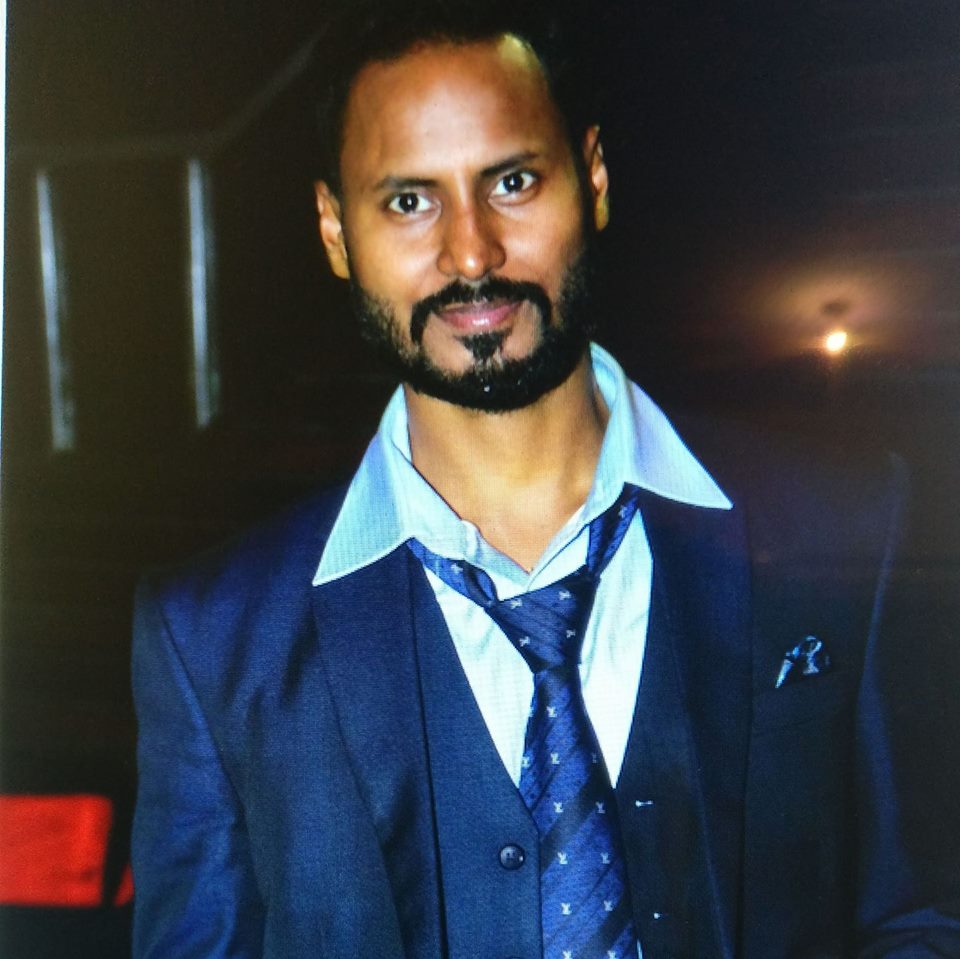13 Experts share their best tips for creating engaging content (that will attract readers)
Looking for the secret sauce to creating engaging content?
You: Heck yes!
Great, you are in for a treat because today we’ve gathered some of the best content creators to share their valuable insights with us. For years we have been told content is king, write great content but we’ve never really been told how to create such articles.
Several themes emerged in the advice from these experts.
Here’s a quick summary:
- – Create content that’s useful to readers
- – Listen to what your users are struggling with
- – Lose the fluff and stick to the point
- – Structure your content with appropriate headings
- – Depending on your audience you might want to keep the reading level simple

It’s not really a hack, I just try to make the content as valuable to my readers as possible. That means, I always strive to give them all the information they need on a particular topic. Basically, I want it to be enough that they read my post and nothing more. I guess the hack here is research. I try to read all the available information on a topic and figure out what is missing from the content that is already out there. Then I try to fill in those gaps in the post that I am writing.
Nick Schäferhoff
2) How do you decide what to write about?
Several factors flow into the choice of topic. First, there is, of course, the client. If they have anything, in particular, they want to cover on their blog, that always takes precedence. Secondly, there is the target audience. Depending on who you are trying to reach, this will influence what topics you can cover. For example, articles aimed at developers will naturally be very different than those for people building their first site with WordPress. Thirdly, you have to look at current developments in your industry. Recently, in the WordPress sphere, the integration of the Gutenberg editor into Core was a huge topic and so it was important to cover it from different angles. Google algorithm updates are another example for developments that make sense to cover. Finally, I also simply look for topics that interest me personally. Things that I feel like digging my teeth into and learning more about. Those are the most fun to write and also usually yield the best results. Of course, you can’t always go for your pet project when working with/for others but it’s definitely important that you write about things that don’t bore you to death. Otherwise, you probably won’t make it far in this profession.
3) How do you decide how to structure your content?
Good question. A lot of it happens very organically and depends on the topic. I usually try to make sure that the content is in a logical order so that you get all the information upfront that you will need further below. Most of the time, that means that you end up with the classic inverted triangle structure in which you start fairly broad (explain the topic and why it matters) and then zoom further in (how to use/implement whatever you are writing about). I also try to order the information by what I consider its relative importance. So, for example, if readers implement the first few items on a list, it will have a bigger effect on their outcome than the last few items. Finally, I also make sure that the content has a nice visual structure by using plenty of headings, paragraphs, lists, visuals and other formatting options to make it pleasant to look at.

Trimming the fat. It’s so easy to write about yourself or tell your own story, and then lose sight of the value of what you’re writing. Or to over-explain a concept that you’ve already explained. It’s also very easy to slip into a sub-topic that isn’t actually related to the topic you’re writing about. Before you know it, you’ve written an article that’s strayed too far from the point. If you lose your own attention as you read what you wrote, you’ll definitely lose your audience. Challenge yourself to cut X amount of words before finalizing – you’ll be amazed at how tight the final copy turns out. Use the Hemingway app to hone this skill.
Lindsay Pietroluongo, Freelance Writer
2) How do you decide what to write about?
Since I’m a business copywriter, there’s usually some direction from the client or editor about which topics to cover. By choice, I work with brands or marketing companies that have already done the research about which topics their audience wants to see. I prefer to choose topics that I have some firsthand experience with but that will push me to learn more or dig deeper.
3) How do you decide how to structure your content?
It depends on the topic, how much research is needed, whether or not that research has to be referenced, if the client or publication has guidelines to follow… The structure will change with the client, project, length and even my mood. In general, though, I like to mix up sentence and paragraph length, and I use a lot of headings and subheadings, as well as lists. I’m always aware of how text looks visually; I think that copy has a texture that can either feel smooth or rough when reading.

I listen to what my followers are having difficulty with, and then I try to supply the answers. If you don’t have an audience yet, take a look at what people are asking questions about in your niche on Quora or related forums. Then type these questions into Google and see what clues Keywords Everywhere throws at you for a keyword targeted answer based post.
Karen Evans
2) How do you decide what to write about?
There are a few ways: 1) I always have the Keywords Everywhere Chrome plugin running. If I see something good while I’m doing research it makes it to my list of things to write about. 2) I listen when people from my mailing list write to me about problems they are having, there is usually a blog post idea in there somewhere. Particularly true if the same problems come up more than once! 3) Google search console: I check the keywords I am ranking for but not directly targeted, and then I directly target them. 🙂
3) How do you decide how to structure your content?
Google gives you clues on this. If you examine the top ten results you will usually see patterns of what Google expects for a certain search term. Give this to Google, but better than the rest of page one.

Creating community driven content. As mentioned before, I like to create content on the topics that are currently being discussed within the community. This makes the content more lovable and shareable.
Mohammed Moeez, Blogger at WPblog
2) How do you decide what to write about?
There are a couple of ways in which we decide our next content topic. The first is based on keywords. We search for high traffic keywords within our niche and create topics around those keywords. The second approach is based on the community. Since my blog is about WordPress, I am always on a look out for discussions within the WordPress community and extract content topics from most popular queries. It only makes sense to write about stuff that people are already talking about.
3) How do you decide how to structure your content?
The structure of the content is designed in a way which makes sense to the reader. We do a little competitive research and see what points they have missed out on and try to incorporate those points in our content. In this way, we are able to provide more value to our readers. Also, we design the structure of the content in a way which enables us to incorporate all of our keywords. Obviously, when we do our keyword research, we collect a number of keywords to create a pool. So to use all those keywords, we have to structure our content accordingly.

One of my favourite ways to craft engaging content is to ask my readers. I have an email in my auto responder sequence that invites my subscribers to fill in a survey. This involves topics, types of content, length of content, etc.
Adam Connell, founder of Blogging Wizard
2) How do you decide what to write about?
3) How do you decide how to structure your content?
I have a lot of experience with the topics I write about, so the structure tends to unfold during the ideation process. It also depends upon the type of content I’m working on. For example, with reviews/list posts/tutorials, I have a rough template that I’ve developed over the years.

By looking at my past analytics and seeing what’s most popular. I also like checking buzzsumo to see what’s getting the most social shares for other blogs.
Chris Lee
2) How do you decide what to write about?
3) How do you decide how to structure your content?
For standard blog posts, I just write like I’m journaling or talking to a friend. I don’t pay much attention to grammar. I like to use clear subheaders and images to make it easier to skim through it. Bigger pieces of content (like ultimate guides) take more planning. It takes more design planning for structuring articles that are 20k+ words.
I know that lately long and very thorough and sometimes complex posts are very popular, but I like to keep them as short as possible and write guides that are understandable to a wide variety of readers.
Ales, CEO of PremiumCoding
2) How do you decide what to write about?
3) How do you decide how to structure your content?
I try to keep it simple. So, first I explain what the post will be about and then just proceed straight to the point. If it’s a longer guide I will structure it in chapters so it’s easier to follow. Collections of WordPress themes are a bit different. In this case, I first explain what the niche is used for (business, nature, blog, mechanics, lawyer, …). After that I describe the pros and cons of each theme.

What’s mentioned below will give you a few clues.
Dhiraj das
2) How do you decide what to write about?
3) How do you decide how to structure your content?
It depends on the content type. We create a variety of different content on my blog such as listicle, how to and product reviews. However, I try to follow a standard content structure. It starts with the introduction of the topic, followed by the body of the content and conclusion. The important point is to make the content as comprehensive as possible with text, images, infographics, videos so that it answers all the queries a user might have about that topic.

Personal experience. You have to try things. Test, trial, and error! If you are honest about topics and products you write about, your visitors will appreciate it. Writing to just increase sales and make affiliate sales is scrutinized quickly by your readers. So my advice is, be honest, stand for what you write, and ask your readers for advice! If you involve your readers on a personal level, you will receive a lot of feedback.
Peter Nilsson, Founder
2) How do you decide what to write about?
3) How do you decide how to structure your content?
I like writing tutorials. You must follow a structure when you write a tutorial. An introduction. A description of how to install, use, configure or customize a WordPress theme or plugin. Finally a conclusion. If I write about other subjects it is also important to make your article organized and easy to read. Tips and advice must also be easy to follow.

I regularly check the queries that my audience is searching for on my site to find the best ideas. And trust me it always worked like a charm.
Jazib Zaman (CEO of WPArena.com)
2) How do you decide what to write about?
3) How do you decide how to structure your content?
Each piece is different, however, I usually divide content into 3 Main sections. 1) Introduction: with building a story. 2) Main Idea ( with proper headings) 3) Conclusion

I try to keep things simple and to-the-point. My idea of good writing is not to write a bunch of complicated words. But, to write in a simple and easy language that can be understood by anyone reading it. This is something I always keep in mind when I am working on my projects.
Kaveri - Web Strategist & Professional Content Writer
2) How do you decide what to write about?
3) How do you decide how to structure your content?
My writing revolves around solving people’s problems. When I start with a topic, I first try figuring out the answers that I would want about that topic if I were a reader. Based on that, I frame the questions. The final step is to answer all these queries and put them together in the form of a complete post.

I have several…
Write from experience. If you’re writing from what you know and are familiar with, you’ll know what’s important to your audience and how something actually works. This requires you to be authentic and not pretend to know something you don’t or repeat what others have said. For example, if you’re trying to teach professional designers how to do something in CSS and you don’t have a strong grasp of CSS, they will know.
I like to write to a general audience. I prefer not to use too much jargon that beginners might not understand, and when I do I like to explain it. I also keep the points simple. My goal is to write so that beginners can follow along, but experts won’t feel alienated. My goal is to bring complex concepts down the level of the average reader.
Another would be to look at the types of questions they’re asking and answer them in the article. For example, if they’re always asking about price or add-ons, I try to include that information in the article rather than having to answer the question in the comments.
Randy A Brown
2) How do you decide what to write about?
I prefer to write on topics that I have a background in. For me, that’s WordPress, business, management, electronics/electrical, manufacturing, etc. If I’m looking for new clients, those are the topics I’m most likely to look for. I’m most known for WordPress, so that’s what I look for first. It’s easier to obtain clients in fields you’re already known for.
Most clients provide article ideas. They either assign them to me (especially if they already know my strengths), provide a list of titles for me to choose from, or give me a list of keywords and I take it from there.
If I’m pitching the idea I look at the types of articles the client has published already. I consider their audience and their products to get an idea of their business goals. I look for ideas that seem to be popular in comments of other articles, in forums, on social media, and that I’ve gotten questions about. I also pitch ideas about things that I’ve come across that I think a client’s audience would be interested in.
I usually work with the same clients for years, so I can get a good idea of what they would be interested in.
3) How do you decide how to structure your content?
First, I follow the basic informative essay structure of providing an opening, body, and ending. Each element of the structure is divided up by headings and subheadings. I’ll use headings, such as H2 or H3, based on the client’s guidelines or preferences. The structure for the body itself will change depending on the topic.
If I’m writing about software, such as a plugin or an app, I look at the individual features of the software, create a heading for each one (which becomes the outline), and then dig into each feature. I follow the features of the software itself rather than the features that the publisher highlights in their marketing copy. I do read the sales copy to get an idea of the strengths, but it has a different purpose than a usability review. It usually focuses on highlighting the key benefits of the software, which can sometimes just be from one feature.
For services, such as web hosting, I look at the major selling points and research what people are asking online. In the hosting example, people want to know about the price, storage and bandwidth limits, speed, ease of use, support, resale opportunities, etc. Each of those points become a heading in the structure.
Since I always have a word-count limit and a deadline I focus on the main points and then include a feature or two that I think readers would be interested in if I have enough words or time left.

I answer questions that the audience have in an easy to understand manner
Freddy Muriuki, WordPress Content Marketer
2) How do you decide what to write about?
3) How do you decide how to structure your content?
Easy to read, plenty of relevant images, headings
What are some tips you use to engage your audience?
And what would you consider your biggest challenge in creating/structuring content? Share them in the comments below.
More To Explore
Wearable Statistics And Facts For 2021
Industry report Wearable Technology Statistics And Facts For 2021 Wearables
Facebook live Statistics, Usage And Facts (2020 Report)
Industry report Facebook live Statistics, Usage And Facts (2020 Report)
Web Hosting Statistics, Market share And Facts For 2021
Industry report Web Hosting Statistics, Market share And Facts For
Explore Related reccomendations
SEMrush vs Moz vs SpyFu vs Ahrefs vs Long Tail Pro
- According to 0 users
Shopify Statistics, Stores, Market Share, Revenue & More
- According to 0 users
Global Market Share Of Search Engines (2021 report)
- According to 0 users
Web Hosting Statistics, Market share And Facts For 2021
- According to 0 users



